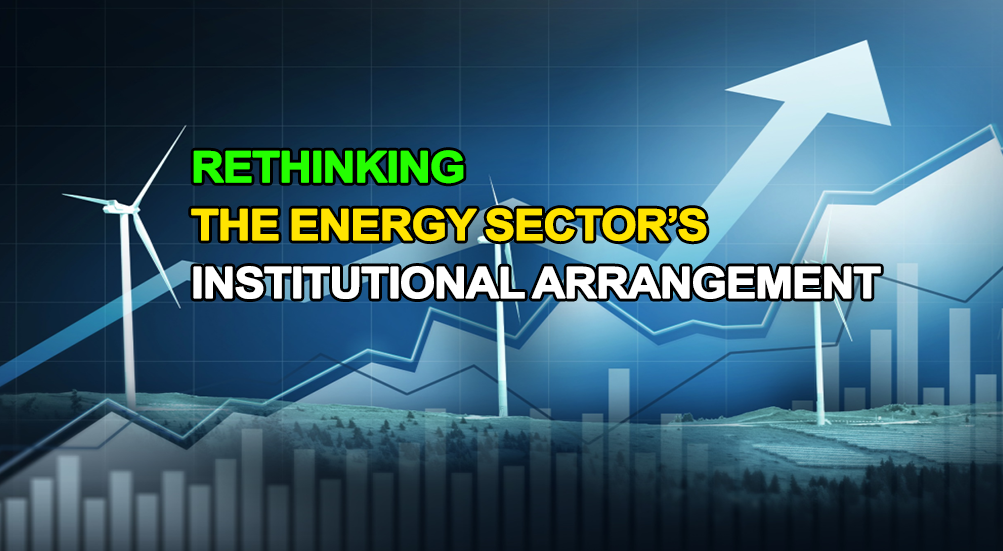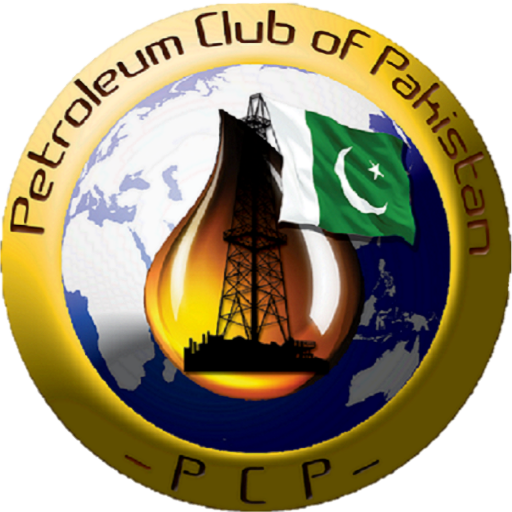
In a recent article “Fueling development in a turbulent world”, this writer had pointed out that the ongoing conflict in the Middle East had turned the already muddy global energy landscape muddier and more uncertain. Pakistan—a poor country and heavily reliant on imported fuels—must take note of the emerging challenges and reassess its approach to deal with them. One of the suggestions was to review the energy sector’s institutional arrangement and enhance its capability to manage the new challenges effectively.
Below we build this suggestion further and elaborate on why a revisit of the energy sector’s institutional arrangement is necessary and how best we can do it. Admittedly, the treatment is at a high-level only, and not as a cut and dried solution.
As the world around us is likely to remain turbulent in the foreseeable future, uncertainty, unpredictability, and instability are feared to rule the global energy markets. Pakistan cannot remain insulated from this situation and must rethink its energy vision afresh and reflect the new realities and trends in its policies and plans. This vision should build at least on the following eight strategic strands:
(i) deployment of sustainable technologies (including renewables); (ii) shifting of its transport to renewables-derived electricity; (iii) deployment of energy storage technologies; (iv) production of alternative fuels from sustainable sources; (v) switching of industrial processes to electricity wherever practicable and viable; (vi) interconnection of its electric grid with those of its neighbors; (vii) promotion of energy conservation and efficiency improvement in every walk of life; and (viii) building a flexible, enabling, and resilient smart electric grid.
The thread that will run through the entire energy supply and delivery system and will hold it together, is the institutional setup (capacity, capability, layout, and governance mechanisms) that is lean, flexible, agile, and responsive to the dynamics of the global energy markets. At present, it does not seem ready for effectively dealing with the emerging challenges. This assessment is based mainly on the following considerations.
The world is gradually phasing out its dependence on fossil fuels and is switching to electricity derived from renewable and sustainable resources. Multiple options now exist both on the supply side as well as the demand side. Small and distributed generation technologies (both conventional and renewables) have now become competitive with their conventional (large and central station) counterparts. Electricity consumers are also no longer captive to their local grids and have multiple options for controlling their demand or meeting it via on-site generation, or both.
These alternatives offer many advantages. Their use can reduce both capital and operating costs by reducing generation reserves, T&D losses and, in favorable conditions, eliminating T&D needs. Their nature—small scale, distributed, labor-intensive, less-complex technologies, and compatibility with local conditions—makes them a preferable choice and a means to spur industrial growth and employment in the country. They also enhance diversity, sustainability, and security of the system and that of the others dependent on it.
A critical obstacle to making smooth transition to a sustainable energy future is the deeply entrenched mindset that has evolved around fossil fuel supplies mostly and is proving too hard to banish. Even when these options have become feasible, many in the field still consider them only a complement to the conventional options whereas it should be the other way around.
As the environment around them becomes complex and varied, organizations must adjust, realign, and reposition quickly to remain profitable. Monolithic and bureaucratic organizations with tight vertical hierarchies and centralized control are not feasible and even restrictive, in business climate that is punctuated with uncertainty, complexity, and rapid changes because they impede an entity’s flexibility and adaptability to markets in flux.
During turbulent times, their form, functions, and routines lose value while their leadership, strategy, and competencies gain more importance. Smaller organizations with lateral structures are more capable of creativity, innovation, and agility—three key features of any successful business enterprise.
The effective handling of new challenges also demands a close coordination and collaboration among all energy sector entities, not just in letter but also in spirit. Our energy sector seriously lacks these features. For example, activities in the fuel and power sectors were brought under a new Ministry of Energy to improve integration and coordination among them. Both however remain separate without any noteworthy mutual coordination. During the PDM government, we even saw two ministers heading each stream.
We are now living in an information age in which knowledge accounts for over 75% of the value-added even in manufacturing. Large and energy-guzzling industries are giving way fast to smaller and knowledge-laden high-value products and services. It’s having a serious toll on even historically stable businesses like energy supply and delivery.
Gone are the days when energy industries were used to be the apples of investors’ eyes. Due to the natural monopoly status, risks were minimal and returns on investments were guaranteed. The landscape has changed completely. The issues of security, reliability, and sustainability of their dependence on fossil fuels have taken center stage now, especially if these rely mainly on imports.
The present setup in our energy sector is largely fuel-based, issue-specific, and fragmented. It’s divided in compartments which function in silos. It’s also bureaucratic, inefficient, and lethargic. It lacks the cohesion, harmony, and coordination essential for handling the new demands. It therefore requires a radical transformation by rethinking its mission, objectives, strategies, institutional layout, organizational structures, and governance mechanisms. In short, a systemic and comprehensive overhaul.
We need a setup that can steer the country through the turbulent times via a vision-led, holistic, and integrated effort. The plethora of existing entities, groups, and functions (within and outside of the Ministry of Energy) have lost their utility, have become functionally obsolete, and are proving only a liability for the nation. Situation therefore seems ripe for establishing a new entity in the energy sector.
This entity (we can term it generically, “The National Energy Commission”), should be carved out from the existing entities, after some trimming, redefining their roles, and reorganizing their functions. This commission should be entrusted with the responsibility of strategic planning, policy formulation, devising legal, regulatory, and financial frameworks, and any other critical energy issue in the country with a holistic vision and from a single platform.
This new entity should take guidance from the Ministry on strategic priorities and goals of the government and liaise with the Ministry of Planning, Development, and Special Initiatives in setting a strategic energy agenda for the country and developing the most suitable strategic and 5-year plans from the perspectives of energy security, affordability, and sustainability. It should also guide all the other energy-related activities and functions downstream using a soft, arm’s-length, and non-interventionist approach.
There’s a lot of catching up by our leaders to do in the energy sector. The existing institutional setup is a classic example of having too many cooks in the kitchen. We need holistic thinking, integrated planning, and close coordination within this sector to effectively deal with the challenges posed by the rapidly shifting global energy landscape. This makes the energy sector’s institutional re-arrangement imperative. The sooner we do it, the better prepared we will be to manage the emerging challenges to our nation’s advantage.
The writer is an independent consultant, specializing in sustainable energy and power system planning and development.

